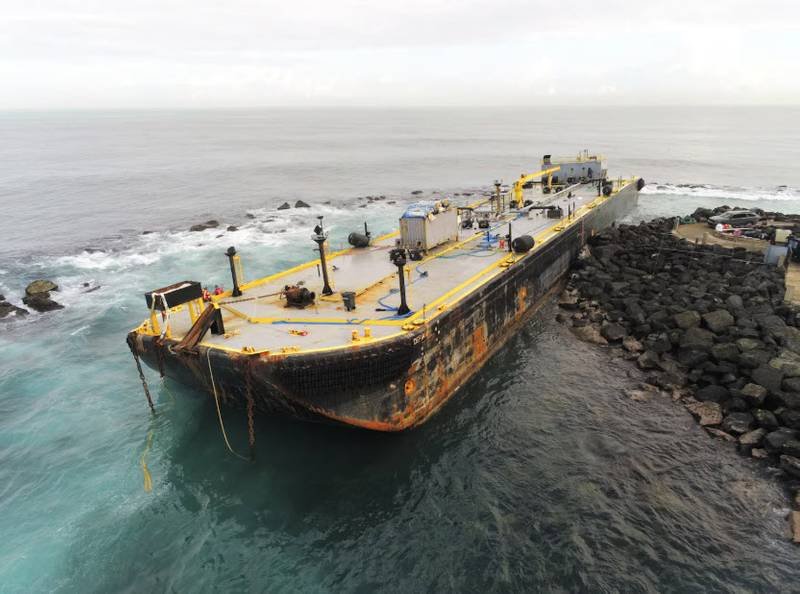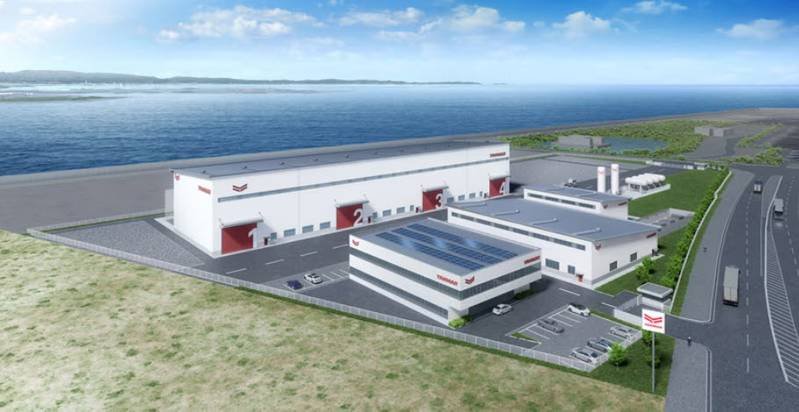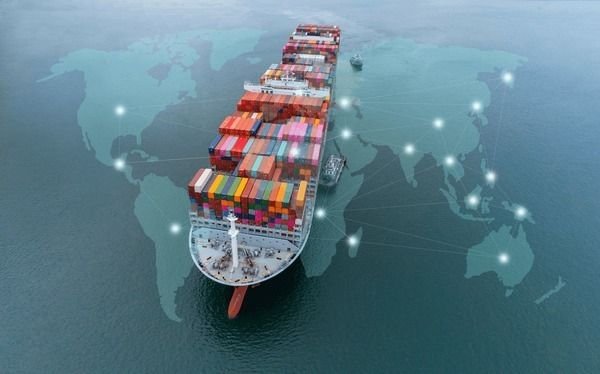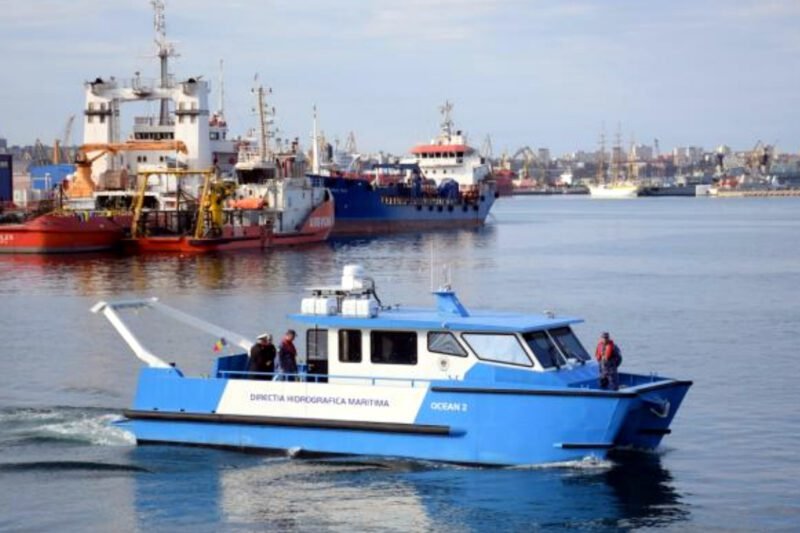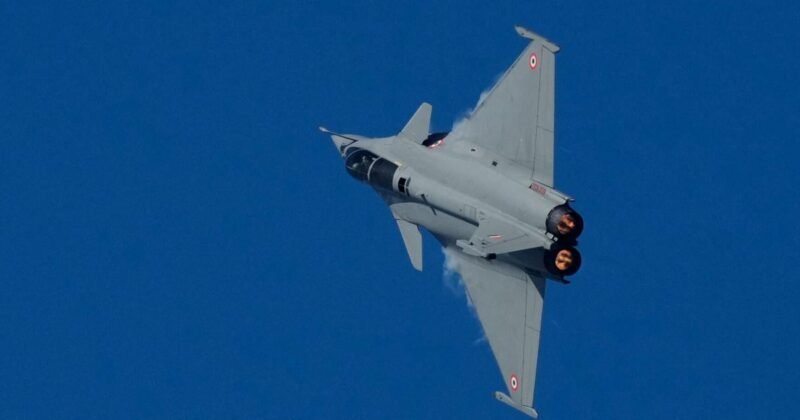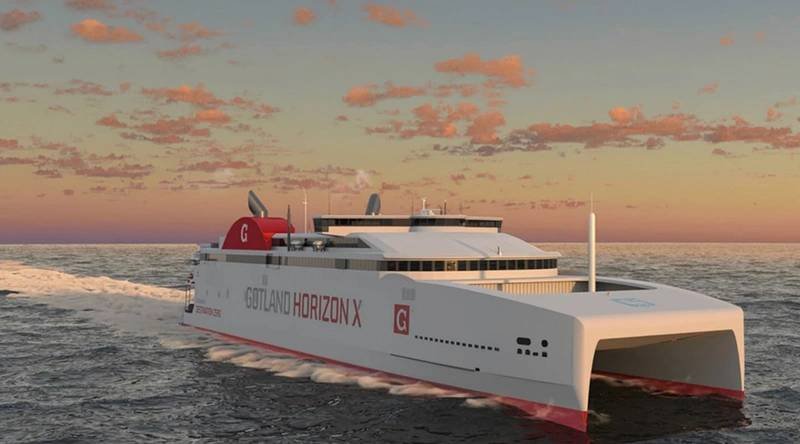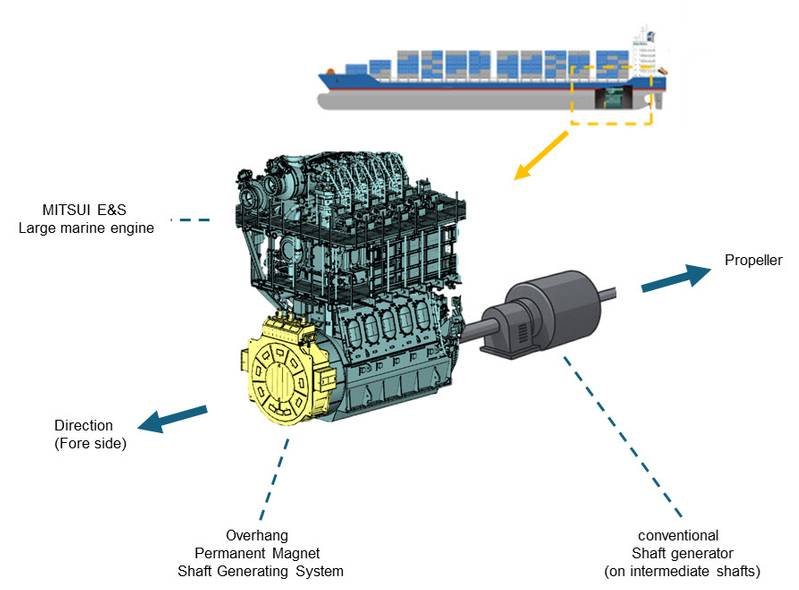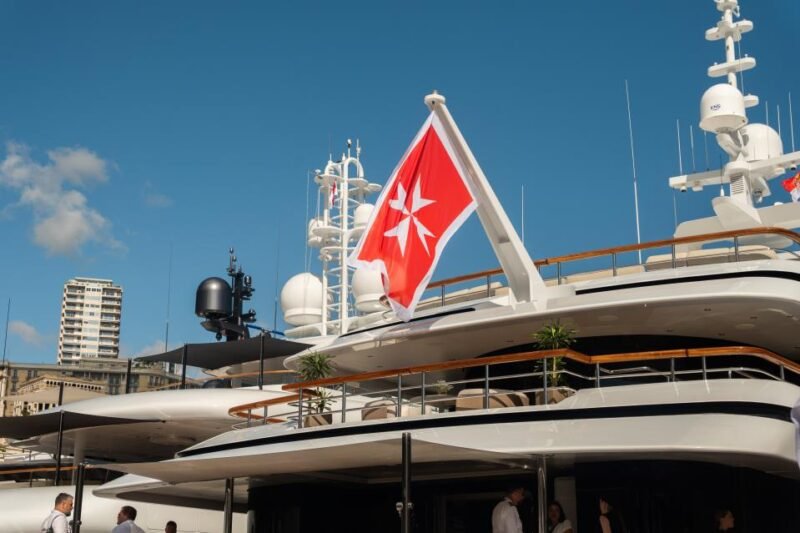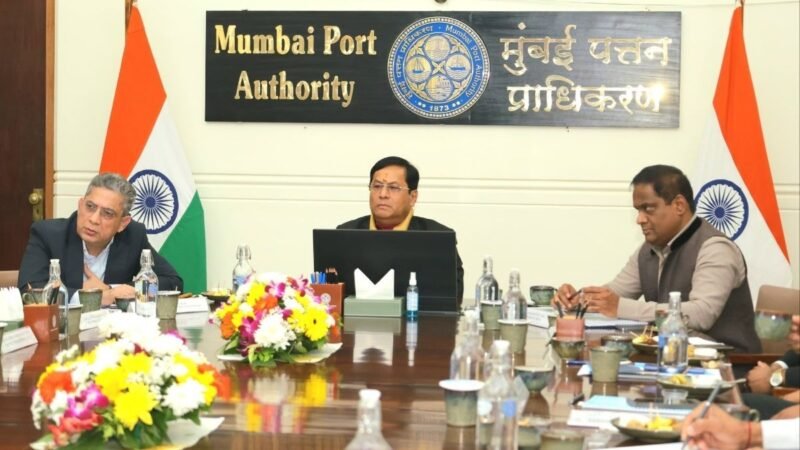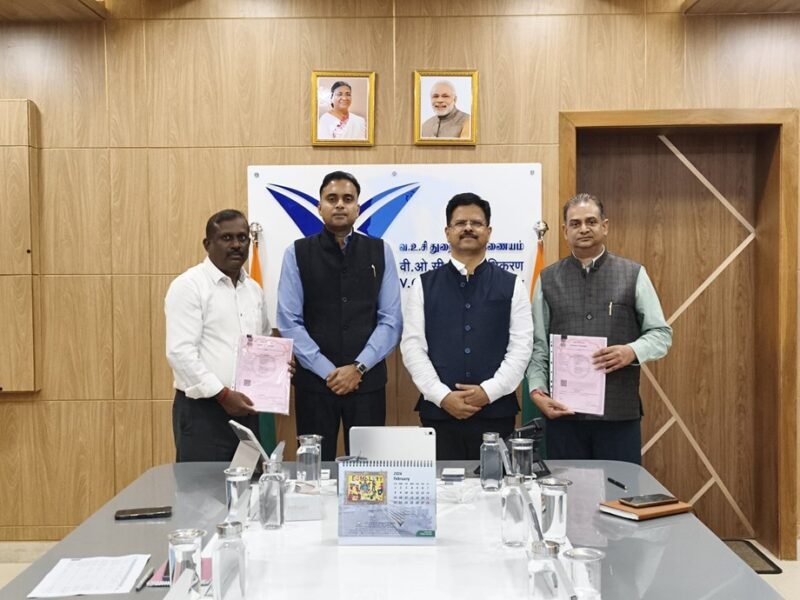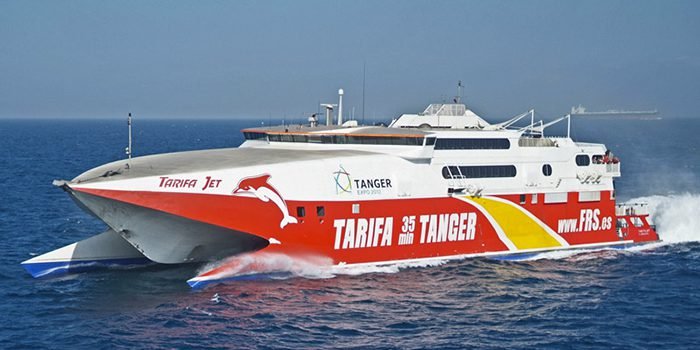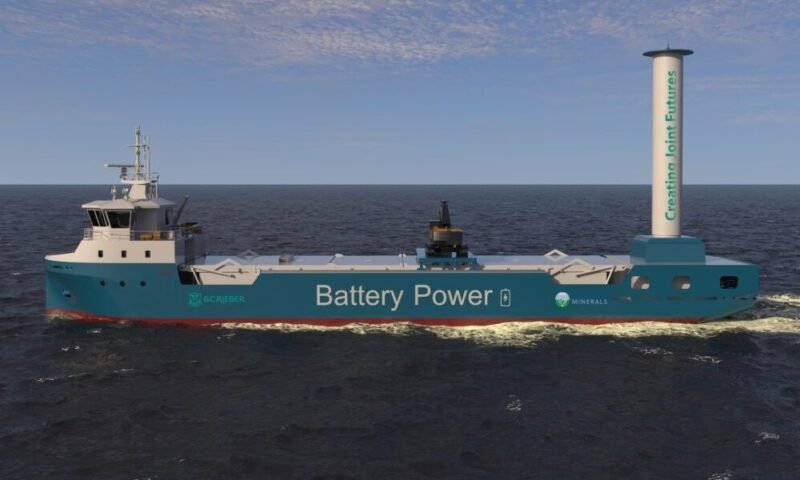The EU Emissions Trading System (EU ETS) has recently been extended to include maritime transport emissions in order to drive emissions reduction and promote sustainability in the maritime sector. Accurate fuel consumption monitoring on vessels is crucial for saving money and reducing emissions within the ETS framework. By closely monitoring fuel consumption, ship operators can identify areas where fuel efficiency can be improved, leading to cost savings and lower emissions.
One effective way to achieve accurate fuel consumption monitoring is by using advanced onboard monitoring systems and sensors such as Aquametro’s flowmeters and Fuel Performance System FPS. These systems can track fuel consumption and provide valuable data that can be analyzed to identify inefficiencies and optimize performance. By pinpointing areas of high fuel consumption, operators can take corrective actions to improve fuel efficiency and reduce emissions.
Monitoring fuel consumption is also important for verifying the effectiveness of new propulsion technologies for emission reduction, such as wind assisted propulsion systems. Aquametro recently delivered a fuel consumption monitoring solution for Fleet Management Limited, including their fuel performance system FPS, shaft power meter SPM, and 15 flowmeters for the Chemship’s tanker Chemical Challenger to determine the fuel savings achieved by installed wind rotors. The system was commissioned by an Aquametro engineer at the Port of Rotterdam, The Netherlands.







